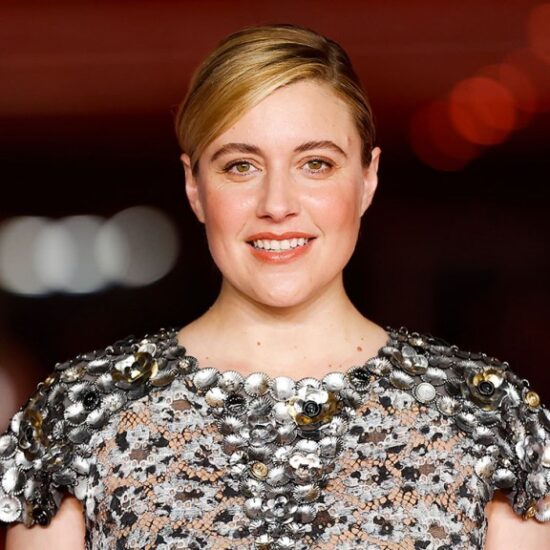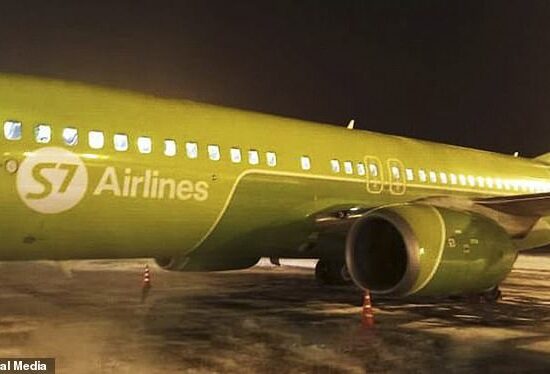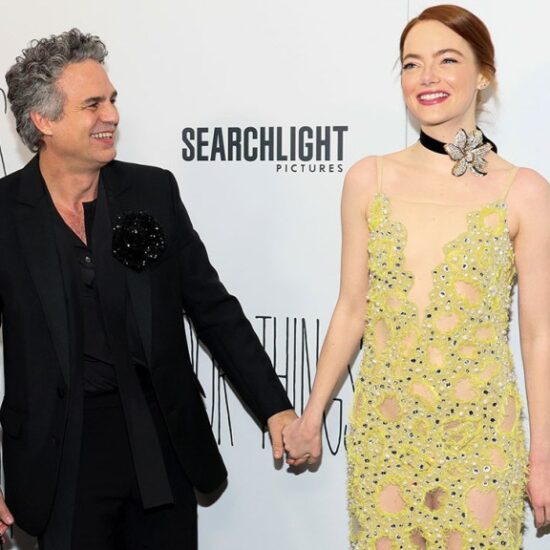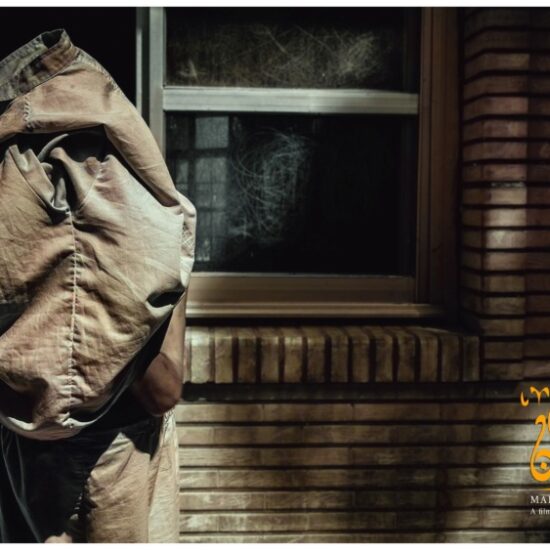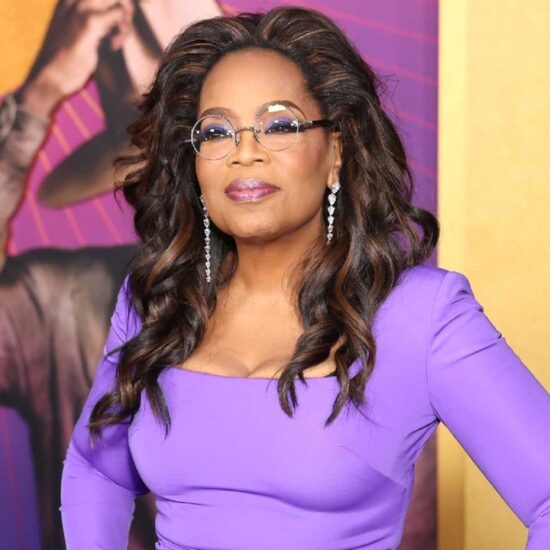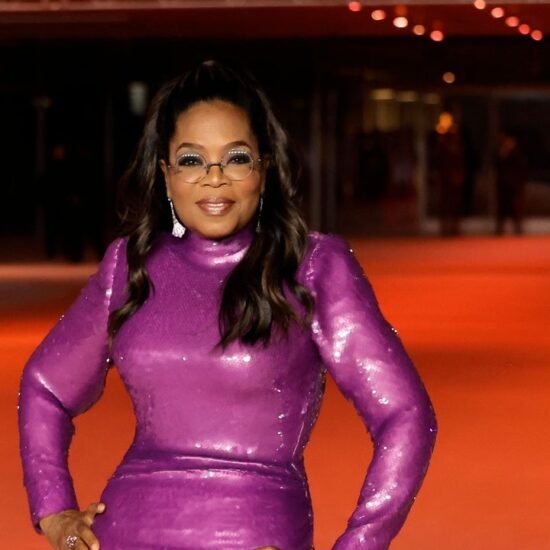
On the eve of the 79th Venice Film Festival, where his powerful Ukraine war documentary “Freedom on Fire: Ukraine’s Fight for Freedom” will premiere out of competition on Sept. 7, Oscar-nominated filmmaker Evgeny Afineevsky was in a frantic race against time.
Footage was still being shot in Ukraine into the second week of August, with Afineevsky only completing the film on Aug. 31 — the same day that Ukrainian President Volodymyr Zelenskyy addressed the A-list celebrities and foreign press at the festival’s opening ceremony, urging the world not to forget the war in Ukraine with the impassioned plea: “Don’t turn your back to us.”
While Hollywood stars like Julianne Moore, Adam Driver and Tessa Thompson have lit up the red carpet in Venice and Timothée Chalamet has sparked Chala-mania on the Lido, Afineevsky has been working ‘round-the-clock to make sure the world is still watching Ukraine.
“It’s important not to avoid the fact that the war is still there,” the director tells Variety. “It’s important to use our ability as filmmakers who are coming from Hollywood to give a spotlight to these stories, when the world is seeing them less on their TV screens.”
The Israeli-American filmmaker was nominated for an Academy Award for his 2015 documentary “Winter on Fire: Ukraine’s Fight for Freedom,” a riveting, verité-style portrait of the mass demonstrations in Kyiv’s Maidan Square that ousted the pro-Russian, authoritarian President Viktor Yanukovych in the winter of 2014.
His latest film, which functions as a companion piece, not only chronicles the current war with harrowing survivors’ accounts and graphic footage, but demonstrates how the events of that winter — which prompted Russian President Vladimir Putin to seize Ukraine’s Crimea region and foment rebellion in its eastern provinces — led directly to this day. Afineevsky describes it as “a chance to document the next chapter of [Ukraine’s] fight for freedom.”
Ukrainian civilians inside an impromptu bomb shelter in “Freedom on Fire.”
Courtesy of Andriy Dubchak
Afineevsky was born in Russia and resides in Los Angeles, where he proudly displays a Ukrainian flag that flew over Maidan Square during the 2014 revolution inside his home. He spent the first days after Russia’s Feb. 24 invasion in a state of “disbelief,” insisting “it was hard to believe that Russia attacked Ukraine in this brutal way,” despite harboring no illusions about the Putin regime.
Within days, however, he felt the call to action. “You realize that history is happening, and you need to document it for future generations,” he says. “In today’s world, sometimes people are rewriting history. And I wanted to preserve this history as it happened.” It is the history, he adds, of “a nation that is determined to fight until their last drop of blood for their homeland.”
Since finishing “Winter on Fire,” which is available to stream on Netflix, Afineevsky remains in touch with much of the team behind the Oscar-nominated film. As Russian troops advanced across the country last February, the director quickly began reaching out to his Ukrainian colleagues, many of whom were themselves fleeing — or trying to document — the war.
It was a monumental task. “‘Winter on Fire’ is one place, one city,” Afineevsky says. To chronicle the Russian war in real time, the director would enlist more than 40 cinematographers scattered across Europe’s second-largest country. (“If you want to make it fast, you need to be everywhere,” he says.) He would also collaborate with nine editors, three production managers and more than two dozen graphic artists and animators, most of them still living and working in Ukraine. “I tried by all means to support my colleagues who are there, because I know how difficult it is for them,” he says. “It is important for me to be for them and with them.”

Academy Award-nominated filmmaker Evgeny Afineevsky.
In early March, Afineevsky flew to Poland, which shares a border with Ukraine, and drove into the eye of the storm. It was the first of several trips to the front line as he tried to juggle the demands of shooting and cutting the film simultaneously.
The director and his team were thrust face to face with the war’s chaos and violence; in one scene from the documentary, a Russian bomb falls just steps from where a camera crew is filming. Their footage is unflinching: lifeless bodies littering the streets of Bucha, the Kyiv suburb that was the site of a notorious massacre by Russian troops; the tense, terrifying moments inside a theater in the port city of Mariupol before a Russian airstrike claimed the lives of some 600 civilians sheltering there.
But alongside such horrors they document stories of hope, determination and defiance. The film opens with a stand-up comic performing inside a bomb shelter. Among the Ukrainians profiled are doctors, soldiers, religious leaders and reporters — the film is dedicated to “all journalists, filmmakers and members of the press who have been killed and who are risking their lives” in the world’s conflict zones — as well as the elderly, mothers struggling to protect their children and other witnesses to and survivors of the relentless Russian onslaught.
Afineevsky saw such determination first-hand while filming the 2014 revolution, when the protesters in Maidan Square persevered for nearly one hundred days and — despite a brutal crackdown by the authorities — ultimately forced the strongman Yanukovych to step down.
“I met the resilience of the Ukrainian people on Maidan. And from the first day of this invasion, I said…that from my experience, being with Ukrainians on the ground, they will never let it happen,” Afineevsky says. “They will never give up. They will die standing — not on their knees.”









